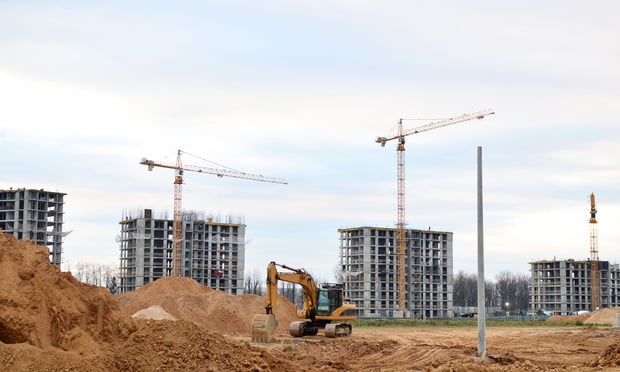 "Every one of these tragedies could have been prevented had employers complied with OSHA standards," Assistant Secretary for OSHA Doug Parker said in a release. "There simply is no excuse for ignoring safety requirements to prevent trench collapses and cave-ins, and leaving families, friends and co-workers to grieve when the solutions are so well-understood." (Credit: Maksim Safaniuk/Shutterstock.com)
"Every one of these tragedies could have been prevented had employers complied with OSHA standards," Assistant Secretary for OSHA Doug Parker said in a release. "There simply is no excuse for ignoring safety requirements to prevent trench collapses and cave-ins, and leaving families, friends and co-workers to grieve when the solutions are so well-understood." (Credit: Maksim Safaniuk/Shutterstock.com)
In June of this year, two workers died at a Jarrell, Texas, job site when the 20-foot deep trench they were working in collapsed. The trench shields, which could have saved their lives, sat unused beside the excavation site.
Recommended For You
Want to continue reading?
Become a Free PropertyCasualty360 Digital Reader
Your access to unlimited PropertyCasualty360 content isn’t changing.
Once you are an ALM digital member, you’ll receive:
- Breaking insurance news and analysis, on-site and via our newsletters and custom alerts
- Weekly Insurance Speak podcast featuring exclusive interviews with industry leaders
- Educational webcasts, white papers, and ebooks from industry thought leaders
- Critical converage of the employee benefits and financial advisory markets on our other ALM sites, BenefitsPRO and ThinkAdvisor
Already have an account? Sign In Now
© 2025 ALM Global, LLC, All Rights Reserved. Request academic re-use from www.copyright.com. All other uses, submit a request to [email protected]. For more information visit Asset & Logo Licensing.








